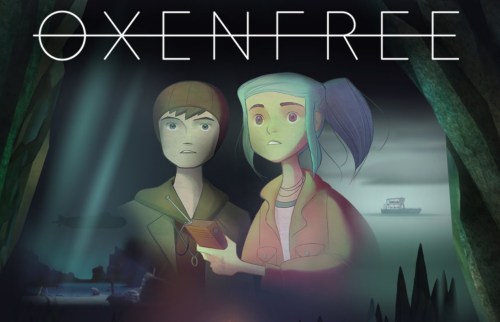

OXENFREE ENDING ESCAPE THE LOOP PLUS
More specifically, Oxenfree’s New Game Plus mode.Ĭuriously, after completing the game for the first time the menu will urge you to continue the timeline rather than start a new game, and from here the implications of the game’s ending become somewhat clearer. It is this unspoken fear of something being not quite right, of things being different enough to unnerve you but not enough that you can believably articulate those anxieties to anyone who could comfort you, that hit me during Oxenfree. Imagine that the pacing, story beats and dialogue remain the same, but jumpscares occur at slightly different intervals, the ghost appears in scenes it previously didn’t and the antagonist’s motives are somehow even more mysterious. But imagine instead that you find it’s not quite as you remember. You assume that it’ll naturally lose some of its impact simply by virtue of the fact that you know what’s coming, putting a stop to any sense of mystery. Imagine for a moment that you’ve just enjoyed a creepy ghost movie, so much so that you decide to immediately watch it again. It’s a game obsessed with time, place and selfhood, often finding its characters waking up from a haze, possessed by unknown entities or stuck in time-loops they’re not always wholly aware of.


Of course, during lockdown every day feels pretty much identical, but the experience was rendered especially unsettling with the themes of Night School Studio’s supernatural mystery still fresh in my mind. The morning after a late night in lockdown spent playing Oxenfree, I was hit by a strangely intense bout of déjà vu during an otherwise painfully ordinary moment of the day.


 0 kommentar(er)
0 kommentar(er)
